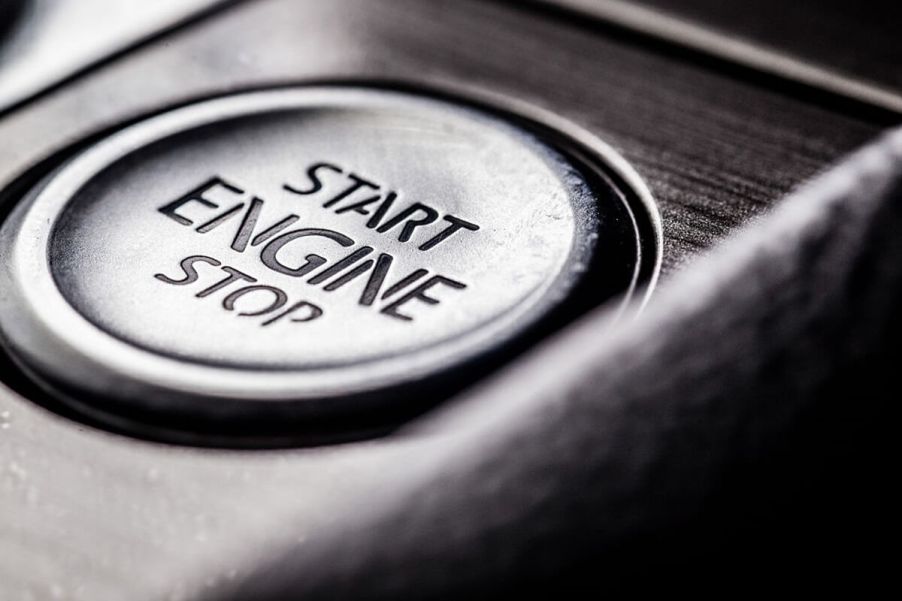
3 Possible Reasons Your Car Cranks but Won’t Start
We have all been in that position where you have something important to rush to. But when you try to start your car, it does not start no matter how many times you try. Often this is a sign it needs maintenance. However, depending on how the car responds, there could be numerous reasons your car won’t start. It could either click but won’t start, crank but won’t start, or do absolutely nothing. Check out a few of the reasons why your car just won’t comply beyond a battery issue.
Reasons why your car cranks but won’t start

If you have ever been stranded on the side of the road with a car that won’t start, you know how frustrating it can be. Before you call a tow truck or a friend for help, it is helpful to rule out some potential causes yourself. Often, the problem is something small that you can fix on your own, saving you time and money.
When your car cranks but won’t start, it often means there is some engine turnover at the least. Cranking happens when you turn the key in the ignition, which sets off a chain of events that powers up the engine. If any issues prevent these steps from being completed, the engine won’t start. According to Erie Insurance, here are the three main reasons your car cranks but won’t start.
1. Clogged fuel filter
A clogged filter is one of the most common reasons a car won’t start. The fuel filter, located between the fuel tank and the fuel pump, strains out any dirt or debris in the gas and keeps it from entering the fuel system. However, over time, the filter can get clogged with all that debris, resulting in less fuel reaching the engine.
With less fuel getting to the engine, there’s not enough to power it up and start the car. If this is the case, the best solution is to replace the fuel filter. Additionally, for future prevention of clogged filters, we recommend changing your car’s filter after 30,000 miles or every two years, whichever comes first. In older cars, checking or replacing a filter is as easy as accessing an in-line unit.
2. Failed fuel pump
The fuel pump’s job is to move fuel from the tank to the engine. It uses an electric motor to create suction and pull the gas out of the tank. Once the gas is out of the tank, it goes through a filter and into the engine. If the fuel pump fails, fuel can’t get to the engine, making it impossible for your car to start.
The problem could be a simple relay issue that you should first check based on the owner’s manual or the result of a faulty or damaged pump. This issue is a relatively common problem, especially in older cars. If you think this is the problem, the ideal measure is to have a professional replace your fuel pump.
3. Bad timing belt.
The third possible reason your car cranks but won’t start is a result of a bad timing belt. The timing belt is a toothed belt that connects the camshaft, which controls the opening and closing of the intake and exhaust valves, to the crankshaft, which sets off the combustion process in each cylinder. It ensures that the valves open and close at coordinated intervals ensuring they never come into contact with the pistons.
A failing timing belt can result in catastrophic engine damage that requires complete engine replacement. This volatility makes it the most critical maintenance item. Typically auto manufacturers specify the replacement duration for timing belts, often basing it on mileage, every five years or 60,000, whichever comes first.
Keep up with MotorBiscuit for the latest car maintenance content and advice!
Editor’s note: Erik Sherman contributed to this article


